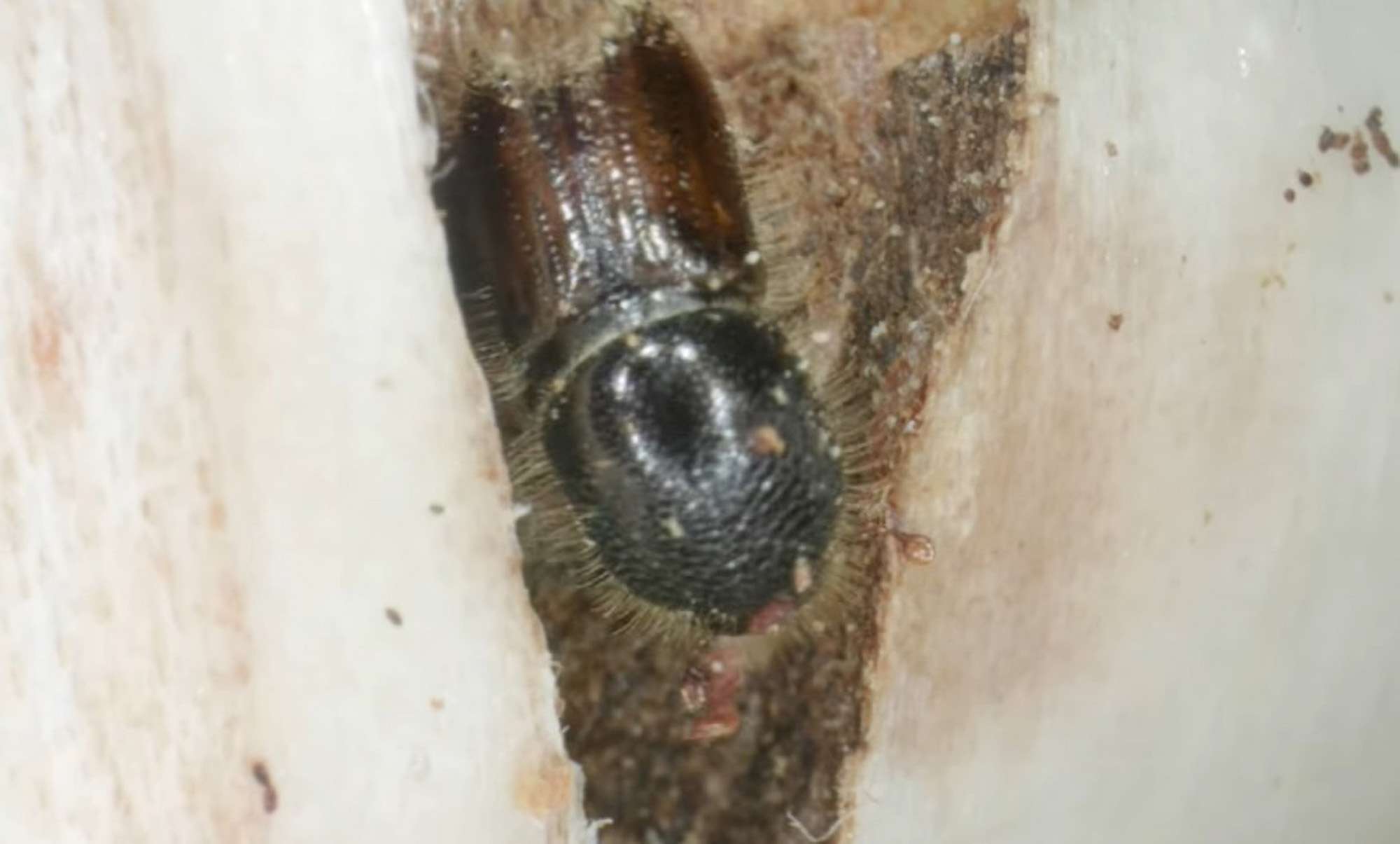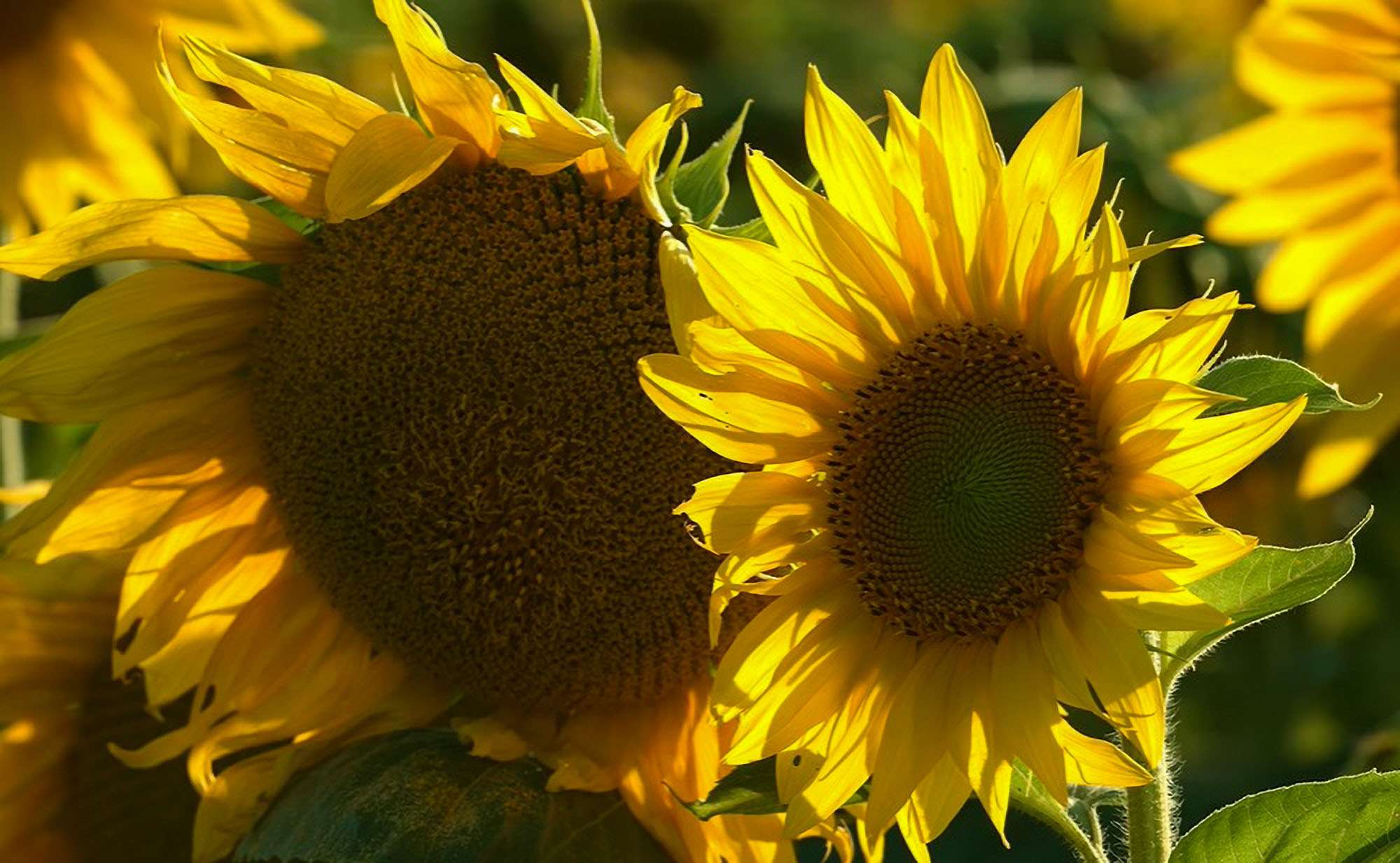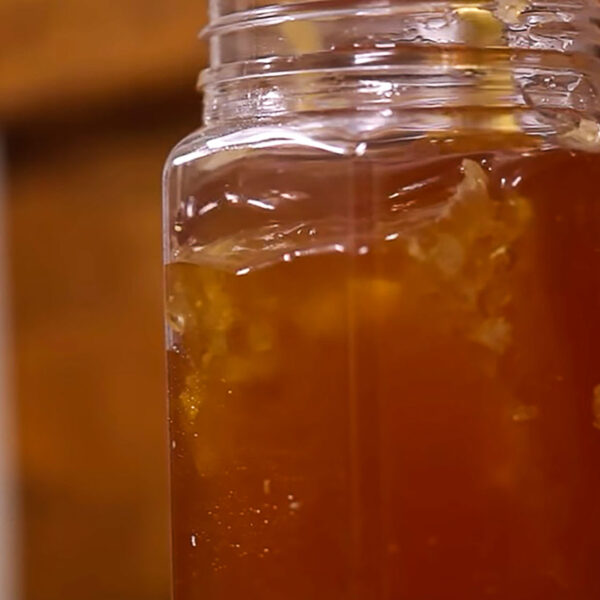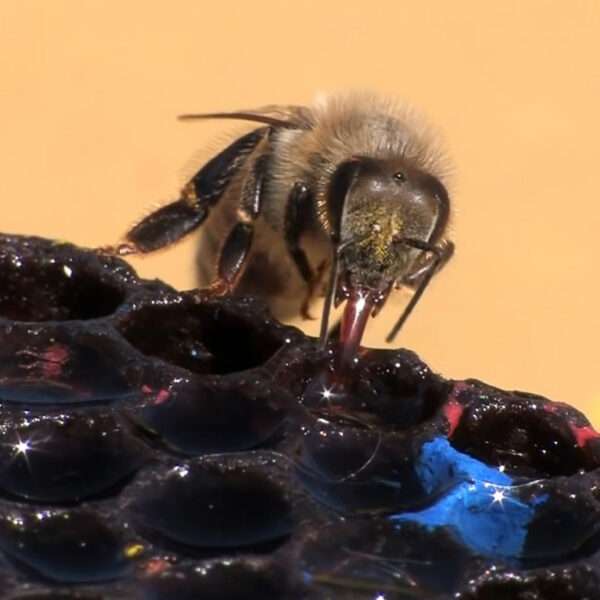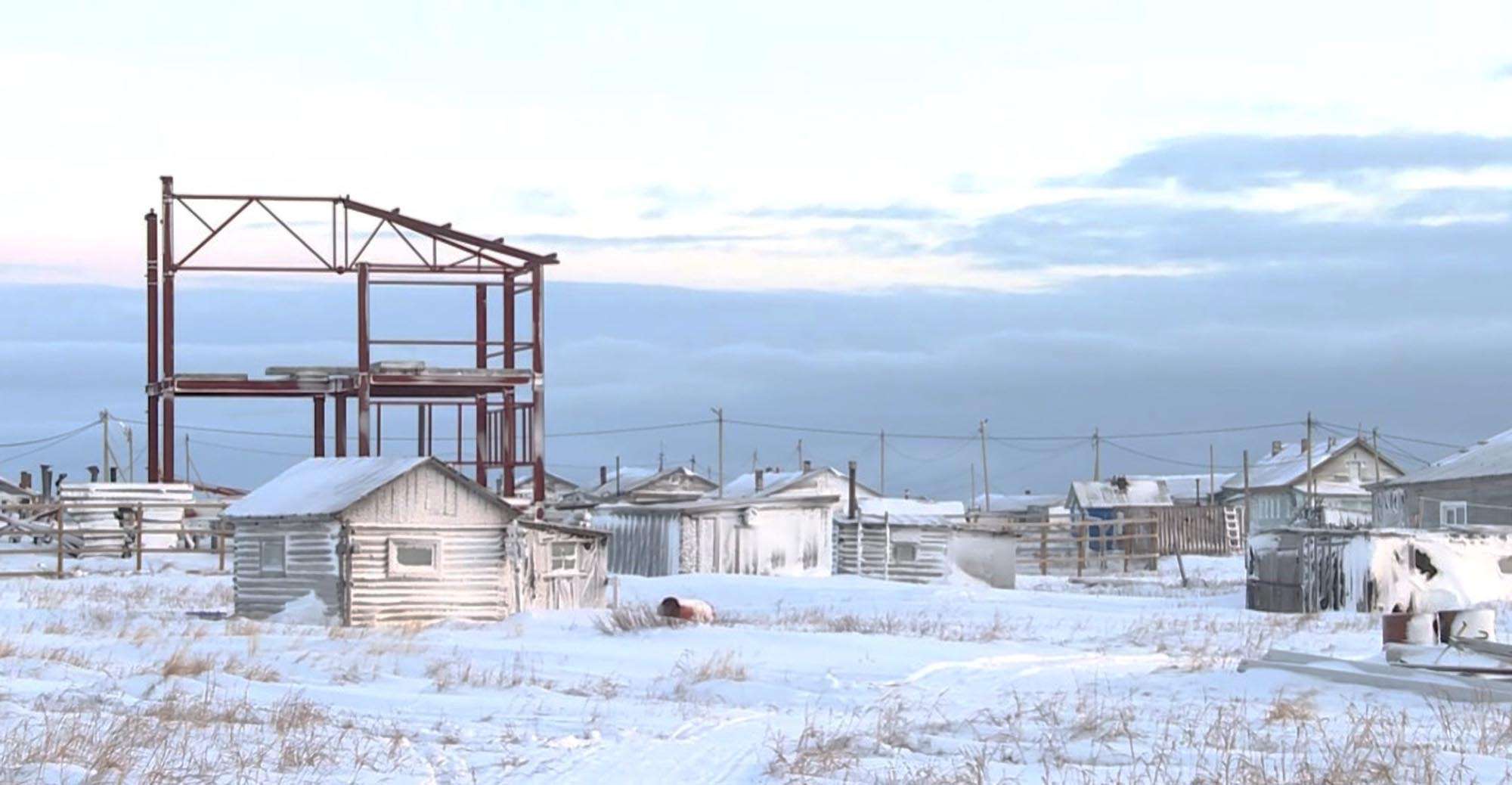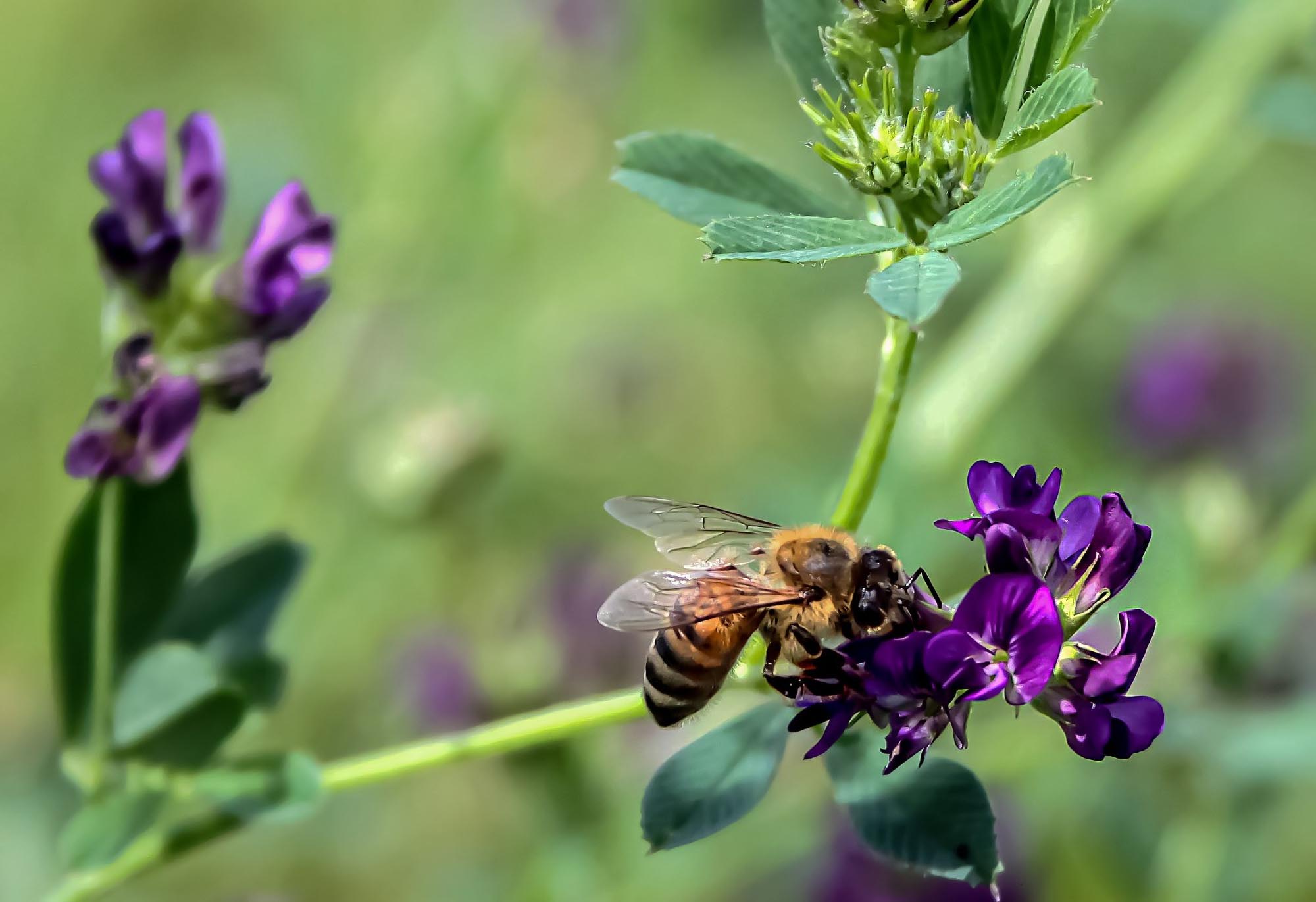A beekeeping expert has encouraged his peers to react flexibly if their colonies’ forage is affected by the bark beetle.
Bark beetle infestations can kill off trees within weeks. Such incidents have not only concerned woodsmen and forest owners across Austria but also beekeepers.
The apiarists set up their hives in or near forests so their honeybees can produce wood honey, one of the most popular flavours in Europe.
Arno Kronhofer heads the beekeeping union in Hermagor, a town in the southern Austrian state of Carinthia.
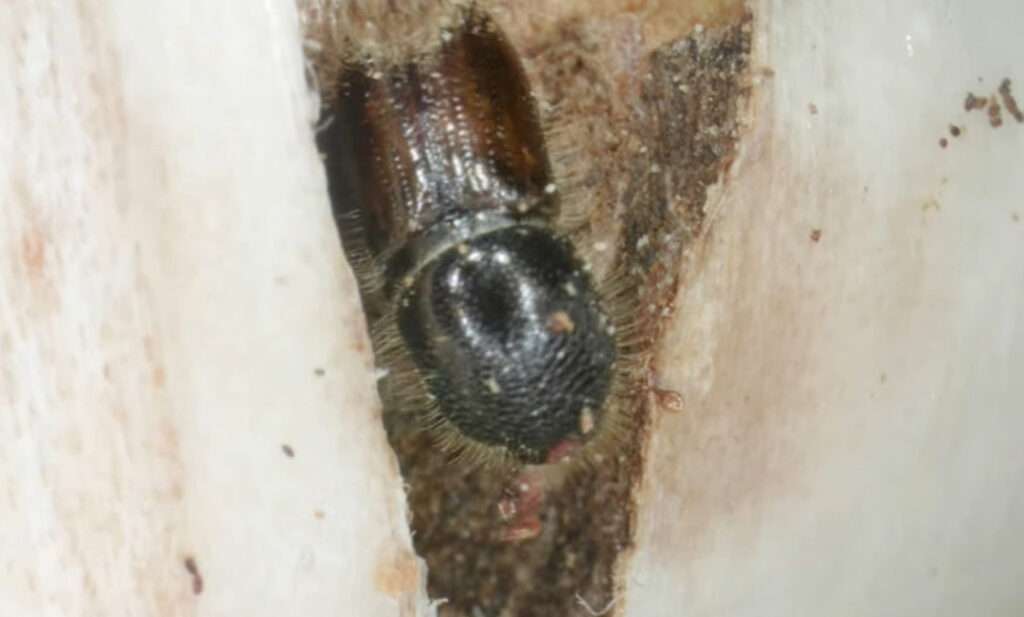
Arno told broadcaster ORF that this year’s honey harvest had not just been negatively affected by unusually cold and rainy weather as well as hail and thunderstorms which destroyed crops and flowers.
He also highlighted the imminent threat the bark beetle was posing to the region’s ample spruce forests.
Arno explained that any spruce attacked by the feared beetles could be ruled out from being a source of nectar – and urged his colleagues to take action.
The Hermagor-based apiarist and holiday apartment landlord said: “Beekeepers should think about alternative locations for their hives. This would ensure they could relocate them after a poor season.”
The spruce is the most common tree in Austria, according to the World Wide Fund for Nature (WWF).
According to the Austrian branch of the environmentalist NGO, the spruce claims a share of 57 per cent. Beech trees follow in second with just 12 per cent.
The WWF emphasises that almost 48 per cent of Austrian soil is woodland.
Carinthia has 560,000 residents. The overwhelming majority of the state’s 3,400 apiarists engage in beekeeping in their free time.

